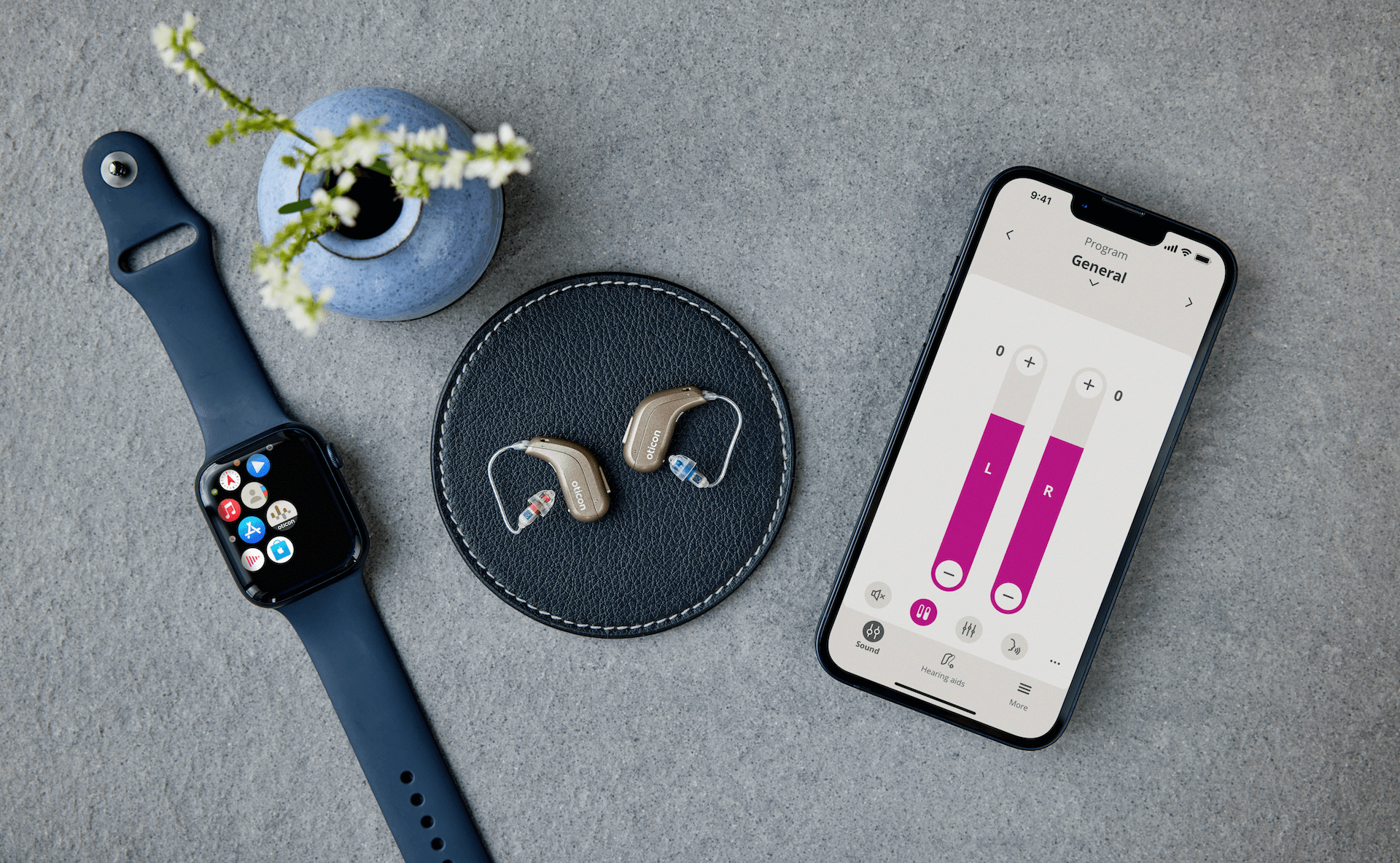
The Oticon Intent is the newest hearing aid release from Oticon, and there are some solid reasons why you should buy it, but there are also an equal number of reasons why you shouldn’t.
It’s been three months since the release of the Oticon Intent, so not only do I have plenty of feedback from the patients that I’ve fitted with these hearing aids, but I’ve also been tirelessly scrolling through online forums such as Reddit, Hearing Tracker, and Facebook to bring together all of your experiences in one place.
In this blog, we’ll discuss the pros, the cons, and the unanswered questions, along with whether I feel they’re actually an improvement over and above the Oticon Real (Oticon’s previous hearing aid).
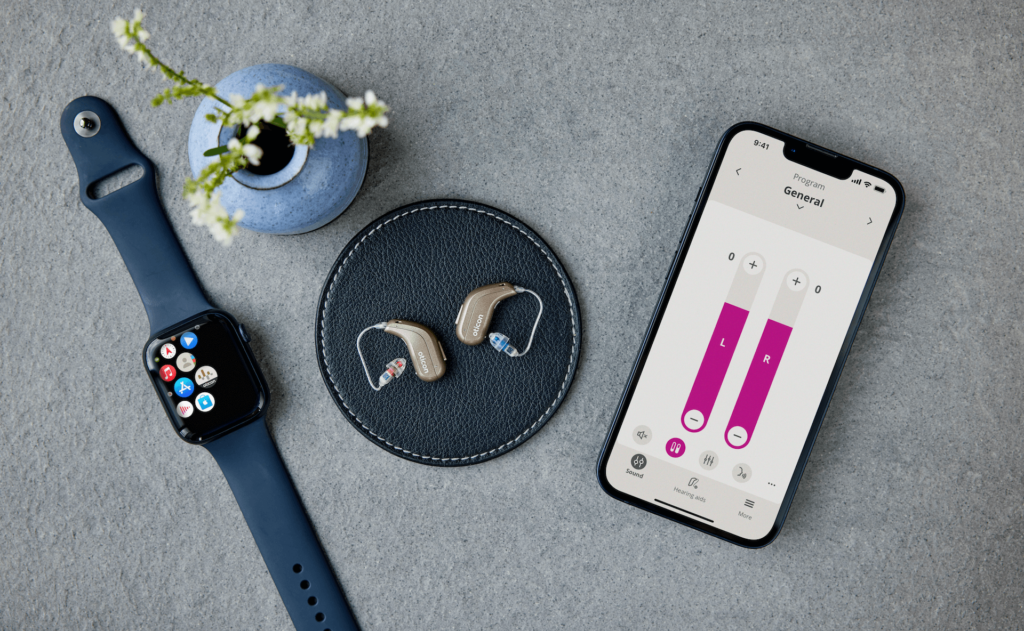
Sound quality
Overall, there is no question that Oticon’s achievement with this hearing aid is excellent. The clarity is the best that we’ve seen from Oticon to date, with up to 24 fitting bands to ensure flexibility for your audiologist when programming your hearing aids during real ear measurements. Oticon has also introduced an entirely new chip in this line of hearing aids called Sirius, with Oticon claiming that this means a 12 dB noise suppression, resulting in 35% more access to speech cues compared to the Oticon Real, up to 10% better sound quality, 13% more nuance, and 10% higher listening comfort.
We can put these improvements down to the introduction of their MoreSound Intelligence 3.0, which is a cluster of features aimed at sound quality. For example, their DNN 2.0, which is how Oticon has used offline artificial intelligence to train their hearing aids to adjust themselves to your specific environment. The Oticon Real had DNN version one, which was trained using 12 million different sound scenes, and the Intents use version two, which has had an uplift in the number of sound scenes that they’ve used to train this system, although the number hasn’t been specified.
Working with the DNN 2.0 is Oticon’s brand-new 4D sensor technology. Whilst Oticon are claiming that the Intents are the world’s first hearing aids with this feature, in reality, the likes of Phonak, Signia, Starkey, and now ReSound have all had motion sensors in their hearing aids, some of them being in there for a couple of generations.
The purpose of motion sensors in hearing aids is to measure your body and your head movement and direct the microphones accordingly, and patients are reporting that it works well. On the other hand, some are saying that to feel the benefit, it does take a little bit of exaggeration of head movements for those microphones to shift in the right direction.
As far as adaptability goes, Oticon are known for their seamless transition between quiet and noisy settings underneath their general setting, which is Oticon’s automatic program. This does require you to sit with your audiologist and have them tailored to you based on your specific needs. They don’t work like this out of the box, and a good audiologist will ask you the right questions to be able to program them to you the most effectively. What I will add to this though is that some would argue that the Phonak Lumity 90 allows for a greater degree of fine-tuning, and they’re in a similar price bracket, but I don’t personally think that this should be a dealbreaker if you’re looking into the Oticon Intents.
As far as clarity goes, in most cases, the feedback that I’m receiving from patients is an improvement in clarity, that’s both in quiet and noisy environments, but this isn’t with everybody, and some are reporting that there isn’t a significant enough of a change to warrant the extra expenditure.
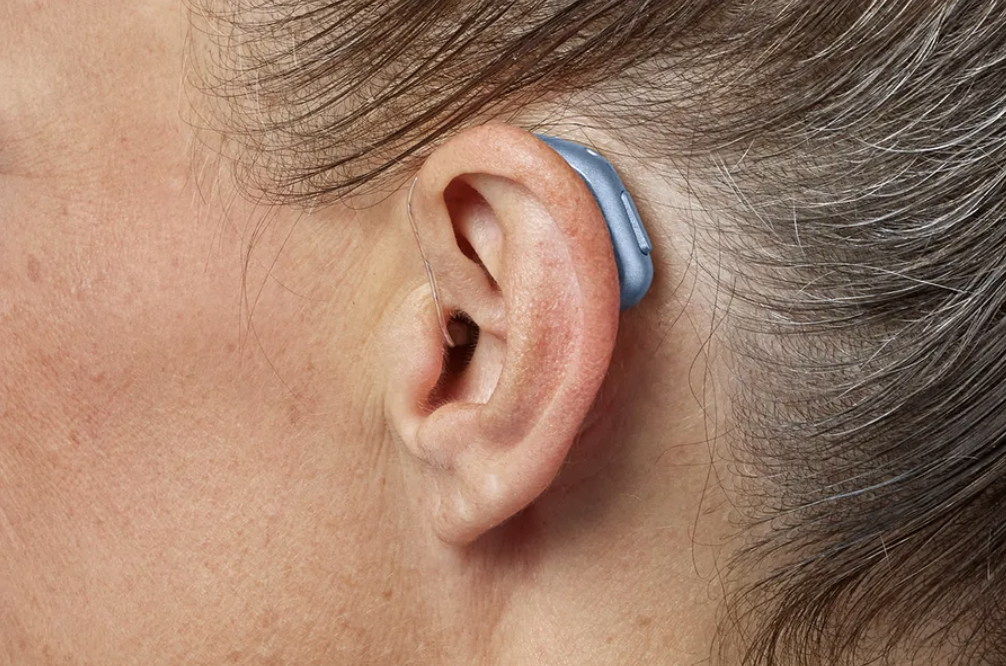
Enhanced connectivity
For those who have had Oticon hearing aids in the past, you’ll know that their Bluetooth connectivity hasn’t been a strength. In fact, it’s safe to say that it’s been one of their biggest weaknesses.
So, the big question with regard to their Intents is what have they done to fix this? Low Energy Audio, i.e. or aka LE Audio. LE Audio is a low-energy form of Bluetooth designed specifically for streaming sound, and in summary, should technically result in less battery consumption and a higher quality of streaming from your phone. It isn’t just limited to phone streaming though, and when this tech is finally rolled out, transmitters will be installed in concert halls, at conferences, train stations, and lecture theatres, and the sound of the speaker will be sent directly to both of your hearing aids.
Oticon aren’t alone with this development, ReSound, Signia, and Jabra are all LE-ready, and over the next few years, we should see Auracast broadcasted audio replace the century-old loop systems built into public venues, which will allow for multiple streaming to hearing aid users who can simultaneously connect to audio in these public spaces. So, what’s the user feedback on Oticon’s new connectivity setup? Well, it’s mixed, so I’ll cover connectivity under both the pros and cons.
The pros
As far as the pros go, there is no question that there are fewer people having issues with their connectivity. Fewer people, but not all.
Patients are reporting that the Bluetooth range is greater than with their previous tech, but bear this in mind: you won’t all benefit from LE Audio just yet, as unless your phone is either the Google Pixel 7 or 8, the Samsung Galaxy S23, the Samsung Galaxy Z Fold 4, or Galaxy Z Flip 4, you won’t get the full audio benefit.
The cons
The Bluetooth connection on the Intents still isn’t as stable as it should be, and my big question to Oticon is, if other hearing aid manufacturers can get it right, why can’t you?
Building on that, it is pretty key for us to all have multiple tech devices in our lives nowadays, such as using a laptop, an iPad, or a smartphone. This is something else that Oticon still haven’t quite got right, the seamless connection between different devices.
At the moment, it’s all too clunky, and it doesn’t work well, and the only way that I’ve found to make it work seamlessly between devices is to turn the Bluetooth off on one, and then turn it on on the other, and vice versa when you want to switch over. Now, of course, this isn’t particularly convenient.
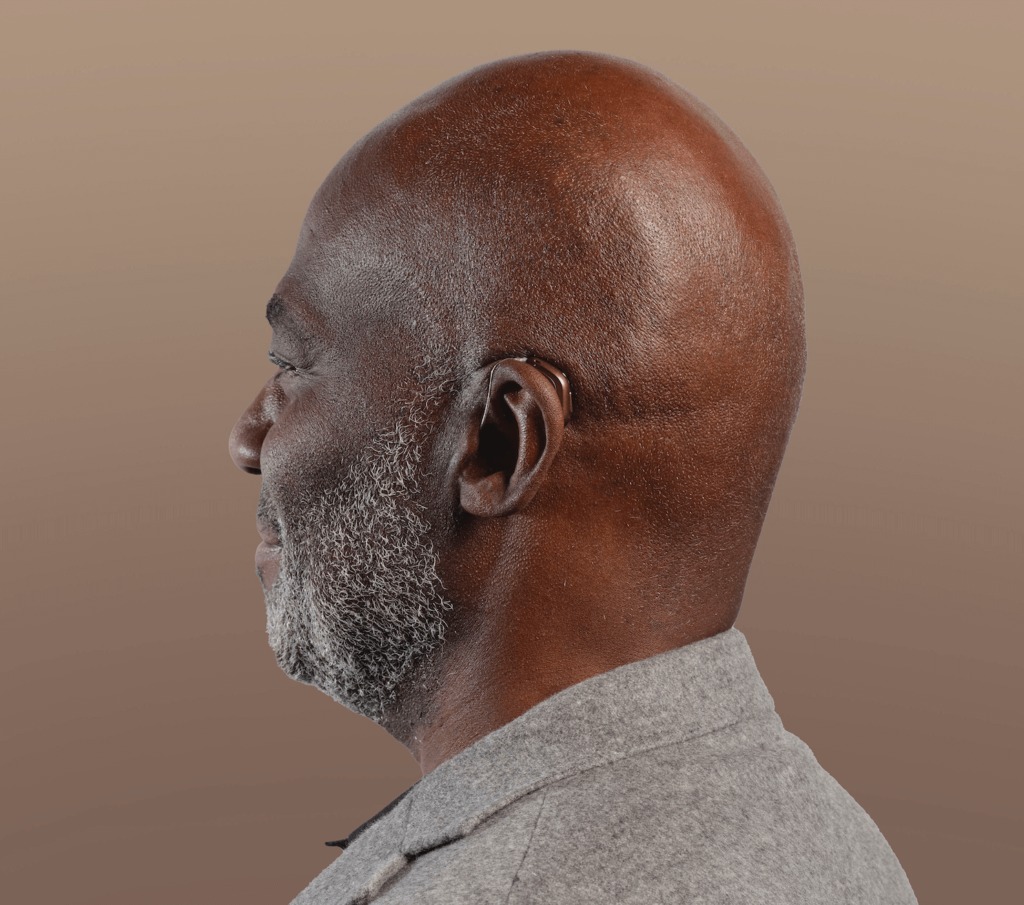
New controls
Oticon have developed their controls, which is another first for Oticon. So, one of the positive byproducts of having motion sensors built into hearing aids is that they can also be used to control your hearing aids. Instead of having to fiddle around and press the button on the back of them or to get your phone out, you can now utilise a tap control feature and pick up phone calls by simply double-tapping your ear, and you can do the same to hang up too.
The only slightly disappointing thing about this new feature is that Oticon have dipped their toe in the water, and I would have loved to have seen them fully submerged. If I compare the tap control feature to the likes of the Phonak Lumity family of hearing aids, theirs allows you to do a lot more. You can both start or stop phone calls, you can start or stop music too, and you can activate Siri or Google Assistant as well.
Extended battery life
Oticon’s new lithium-ion batteries require a 2-hour charge rather than the 3-hour charge from the Oticon Reals, and for that, you’ll get 20 hours of life from them, so ultimately they should last you for a full waking day. If, however, you need a boost for some reason, a 30-minute turbo charge will give you 8 hours of life.
However, the likes of Signia and Starkey will now run for 30-plus hours per charge, and this is mainly because just like with all lithium-ion batteries over some time the health of them begins to decline. So, to combat this, some hearing aid manufacturers are building in this extra capacity as a buffer so that in a year’s time when this battery life starts to deplete, they should still last you for a full waking day.
Oticon have thought about this in a slightly different way, and they’re hoping or claiming that with their improvement in battery technology, it should last for 20 hours now and continue to do so for more than 4 to 5 years. Of course, this isn’t something that I’ve been able to test, however, I’ve had no reports of any battery-related issues for those that I’ve fitted with the Oticon Intents so far.
Adaptability and comfort
The final positive before we come into the negatives is how versatile the Oticon Intents are when it comes to their suitability. They could be adapted to fit mild, moderate, severe, or profound hearing loss, and this can be done in three different ways. Firstly, by changing the power of the receiver – the fitting ranges for each receiver include a 60, 85, 100, or 105 dB power level. So, if your hearing loss falls within the shaded area, then the speaker is technically the most appropriate for your degree of hearing loss.
![]()
The second physical adjustment comes down to the tip on the end of your receiver. The way that a hearing aid is coupled to your ear can completely transform the way that that hearing aid will sound, and it could change that in a few different ways – from how much clarity it can provide, to how well you cope with background noise, and even how decent the streaming of music or phone call sounds when they’re coming from your phone. Oticon, similar to other hearing aid manufacturers, give you the choice between open domes, closed-vented domes, power domes, and custom moulds, so you have to make sure that you ask your audiologist which is the most appropriate for you.
Another development relates to the receivers themselves, which are a new self-calibrating design which Oticon are boasting has an accuracy of plus one or minus one dB, and this should result in 57% more accurate gain.
The new design of these wires is a lot better than their previous design. They have a different kink to those from the Oticon Reals, which means that they sit better in the valley over the tragus for some hearing aid users, and this can result in a far neater fit. The same goes for their 105 dB flex mould update, which used to sit quite proudly from the ear canal, and now they’re far neater and on par with the cosmetics that we see from other hearing aid manufacturers.
The negatives
This wouldn’t be a fair review if I didn’t also discuss the key areas that I think let the Oticon Intent down, so let’s take a look at some of the not-so-good features.
Batteries
In my opinion, there are two weaknesses around batteries that patients have been complaining about, and the same kind of complaints seem to have come up online as well.
Oticon have made the same mistake that Phonak did with their Lumity family of hearing aids a couple of years back and solely released it as a rechargeable hearing aid. Phonak realised the error of their ways and followed up with a disposable battery version, and I’m sure Oticon will do the same at some point in the near future. But for now, if you want an Oticon Intent, you don’t have the option of a disposable battery.
The other backward step in these hearing aids is that with the Oticon Real, it was possible to open up the battery door and switch out those lithium-ion batteries if there was an issue, rather than having to send the whole hearing aid back to Oticon. Now, with a turnaround time of up to two weeks for a repair, that’s a long time to be without your hearing aid, and previously Oticon was the only manufacturer that gave us the ability to be able to change those batteries on-site, and sadly, they’ve now taken it away.
![]()
Controls
This new tap control feature is a great addition, and although it isn’t as versatile as other hearing aid manufacturers, Oticon have caught up with the competition. The downside is that this has come at a cost, and the Oticon Reals had a rocker switch in the past, which were essentially two buttons on the back of each of your hearing aids, which were super easy to find and could be programmed with multiple different functions, such as volume control, a program button, or a mute function, etc.
Oticon have gone back to their old design from a few generations ago with the Open family of hearing aids that had a single push button. In my opinion, there are far more hearing aid users using program buttons than tap control features, and I think it’s a bit of an error to have dropped that rocker switch.
Streaming quality
As I’ve previously mentioned with LE Audio, we’re supposed to see a significant improvement in the sound quality of streaming if you’ve got one of those phones that I listed earlier. The thing is, I haven’t had anybody report an improvement, with or without any of those new phones.
Another thing to note is that the sound quality of streaming has been addressed with other hearing aid manufacturers, with the hearing aid fitting software allowing audiologists to go in and fine-tune the equaliser based on your individual feedback.
Oticon don’t have this option, and I would have thought that an update in their technology from a Bluetooth point of view would have been the perfect opportunity to do so. Instead, it’s possible to make the sound louder or softer and fuller or brighter.
Smart charger
It took about three years from when Oticon released their rechargeable hearing aids to when they brought out their original smart charger, which is a hearing aid charger that stores three days’ worth of battery life so that you can go away for a long weekend and not have to worry about having access to power.
Because Oticon don’t have a disposable battery version, I thought they would have ensured that this new release would cater to as many people as possible, especially those that travel a lot and may not want rechargeable hearing aids anyway. So if you’re keen on charging on the go, for now, you’re better sticking with older versions of Oticon technology or looking to one of the other hearing aid manufacturers that have all the tech to fulfil your needs.
It’s unclear as to whether Oticon intends to release a smart charger or a battery version of the Oticon Intent anytime soon, but I’m sure with your feedback and that of any audiologists out there, they’ll look at doing so, and I hope it’s in the near future.
Oticon Intent Hearing Aid Review: 5 Reasons to Buy it and 5 Reasons to Not!
Matthew Allsop is a Partner at Harley Street Hearing and the content creator for Hearing Tracker, where he shares his honest opinions on all things to do with hearing health and hearing aid technology. Hearing Tracker is the world’s first truly independent resource for hearing aid customers. You can watch his video on the Oticon Intent below.
Enjoy this article? You might be interested in some of our others:
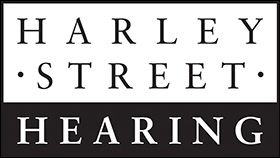
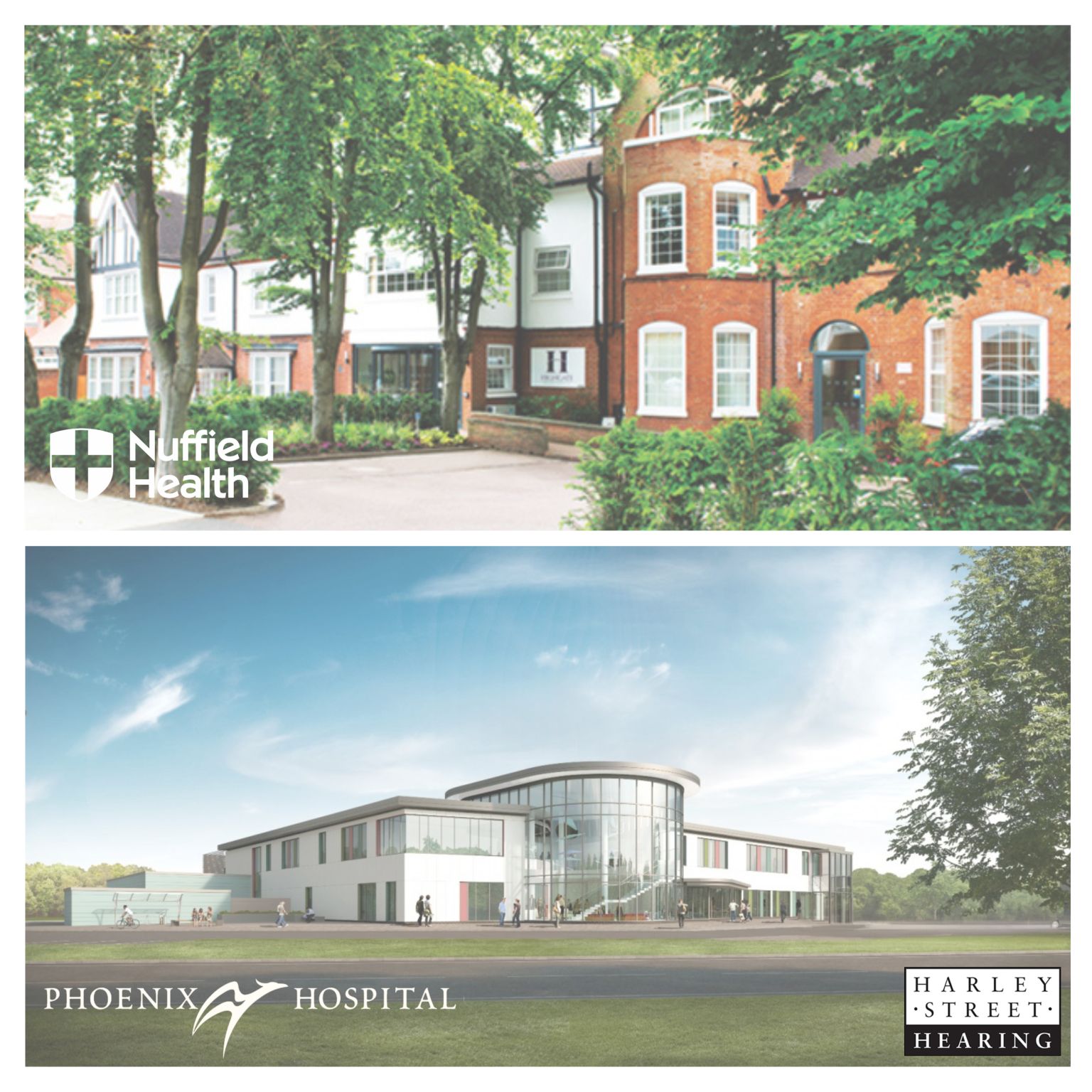
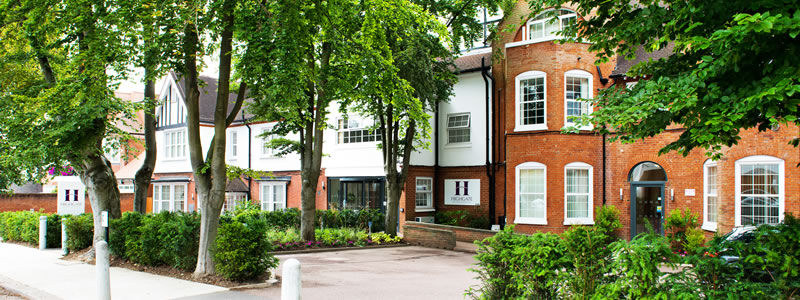
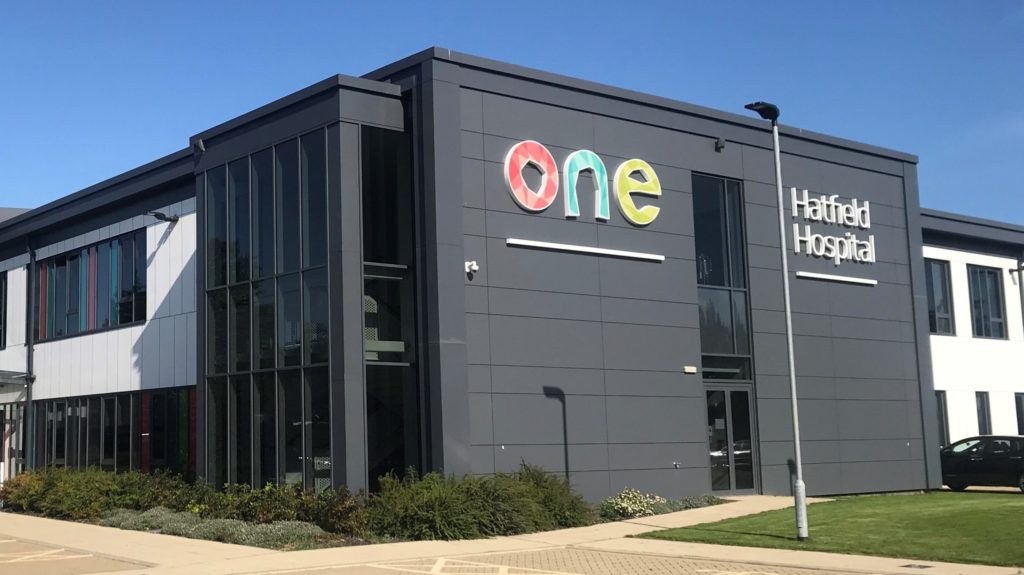








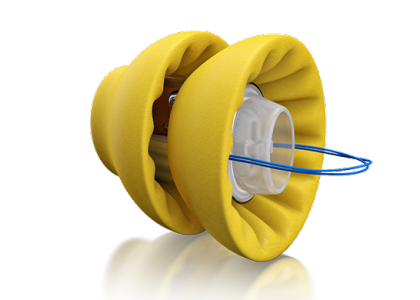
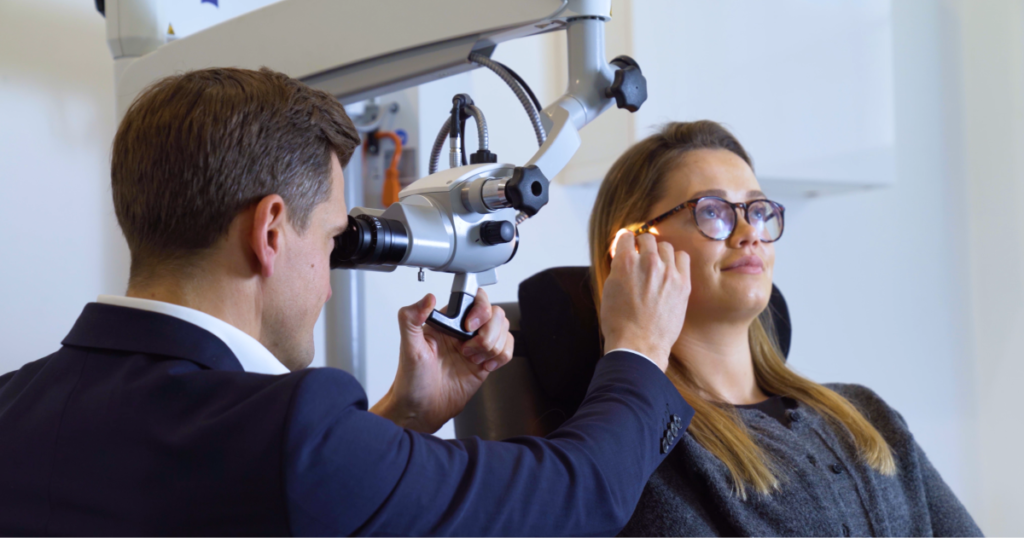
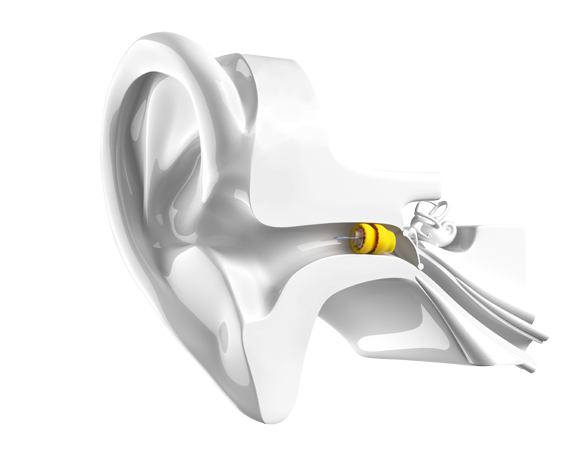
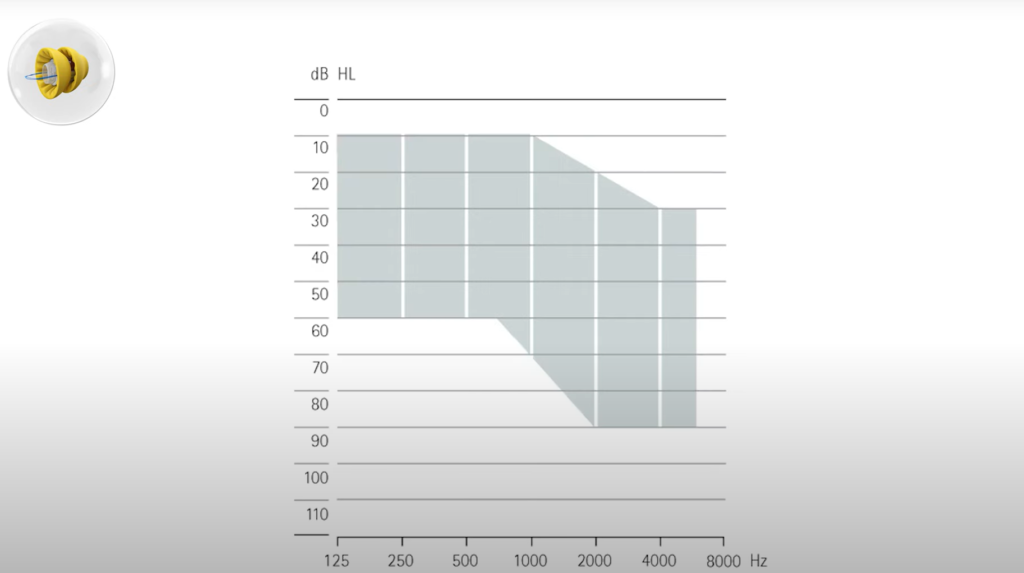



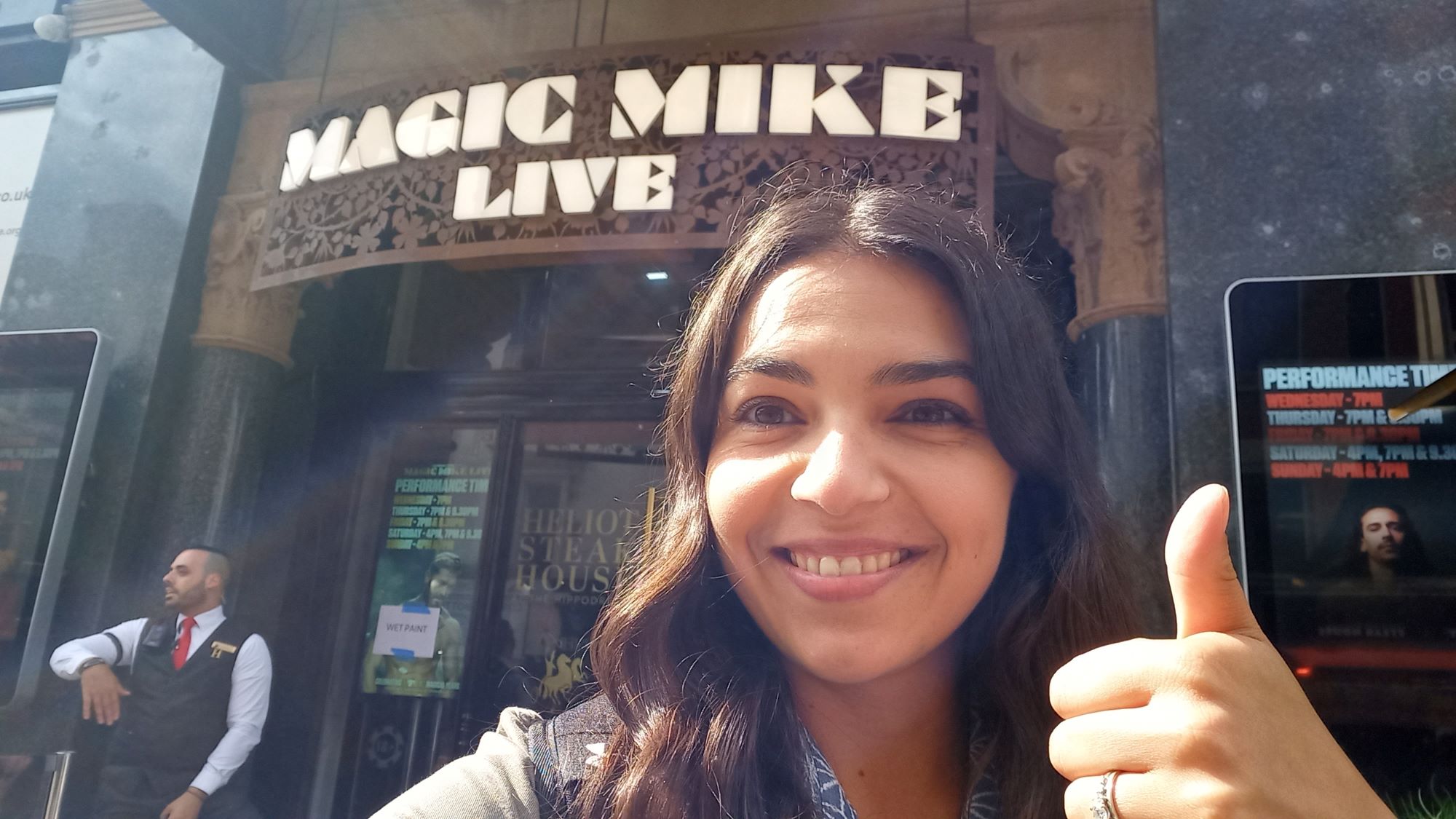
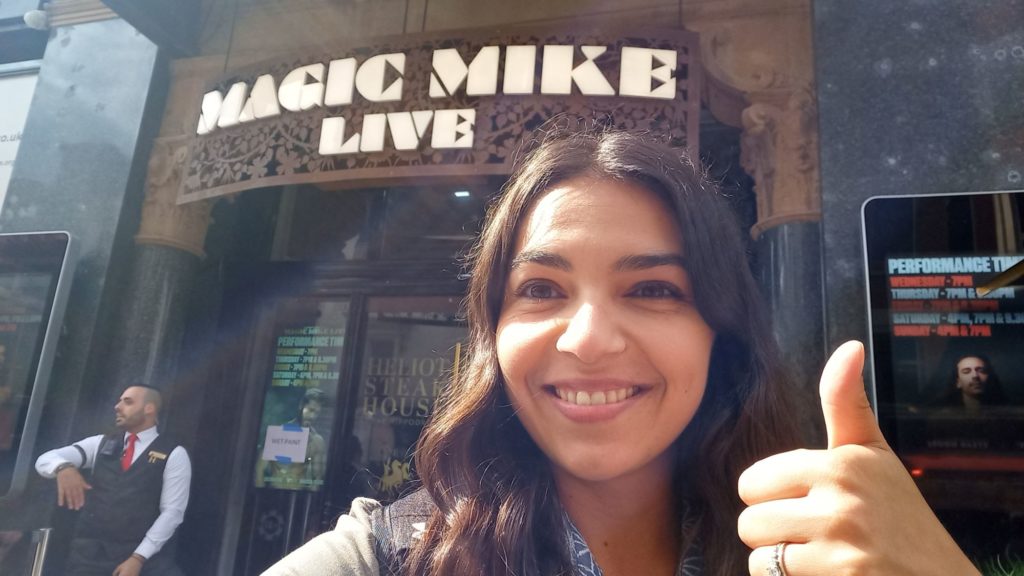
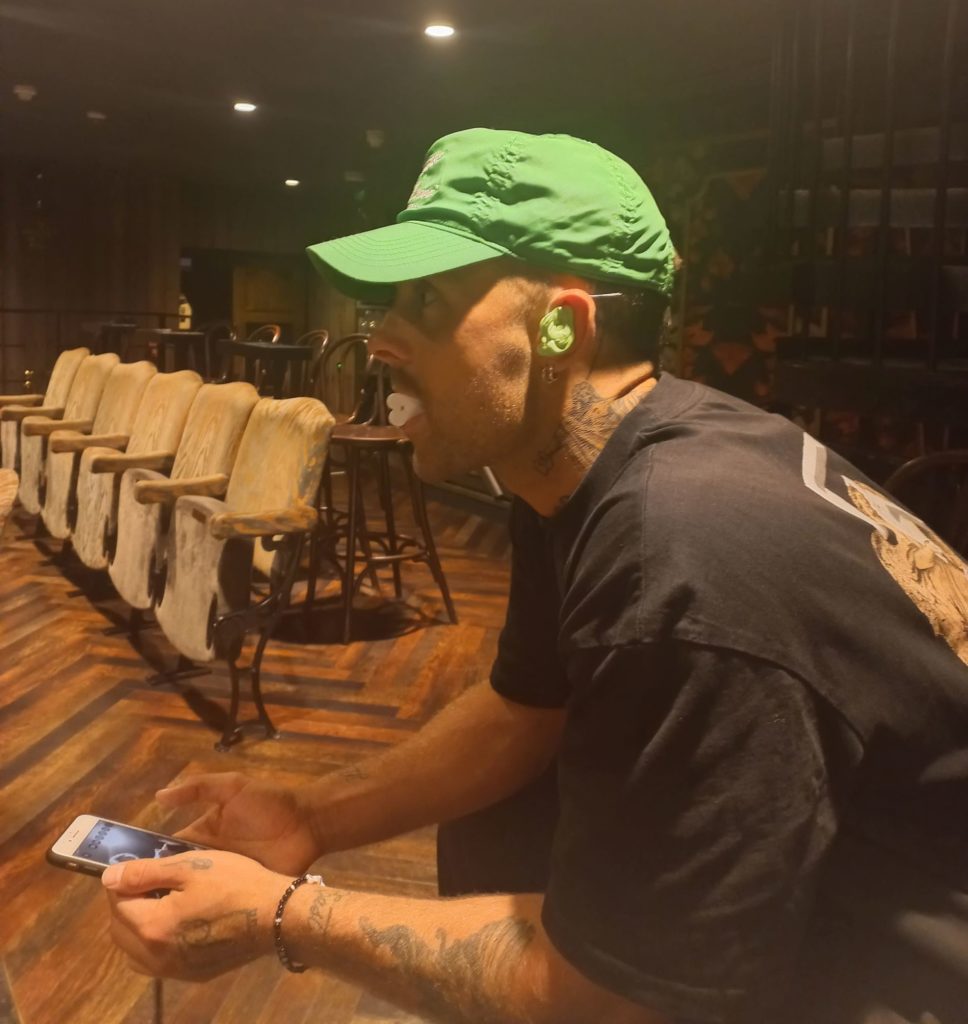
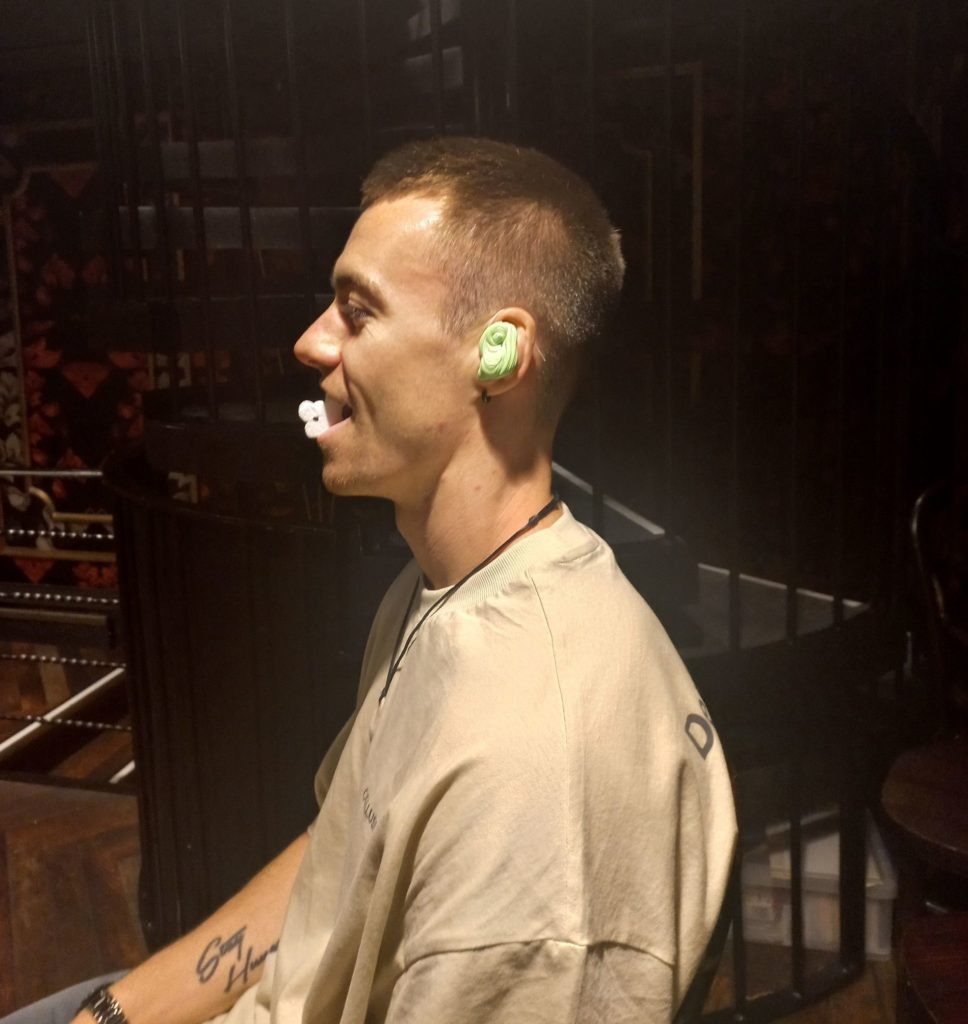
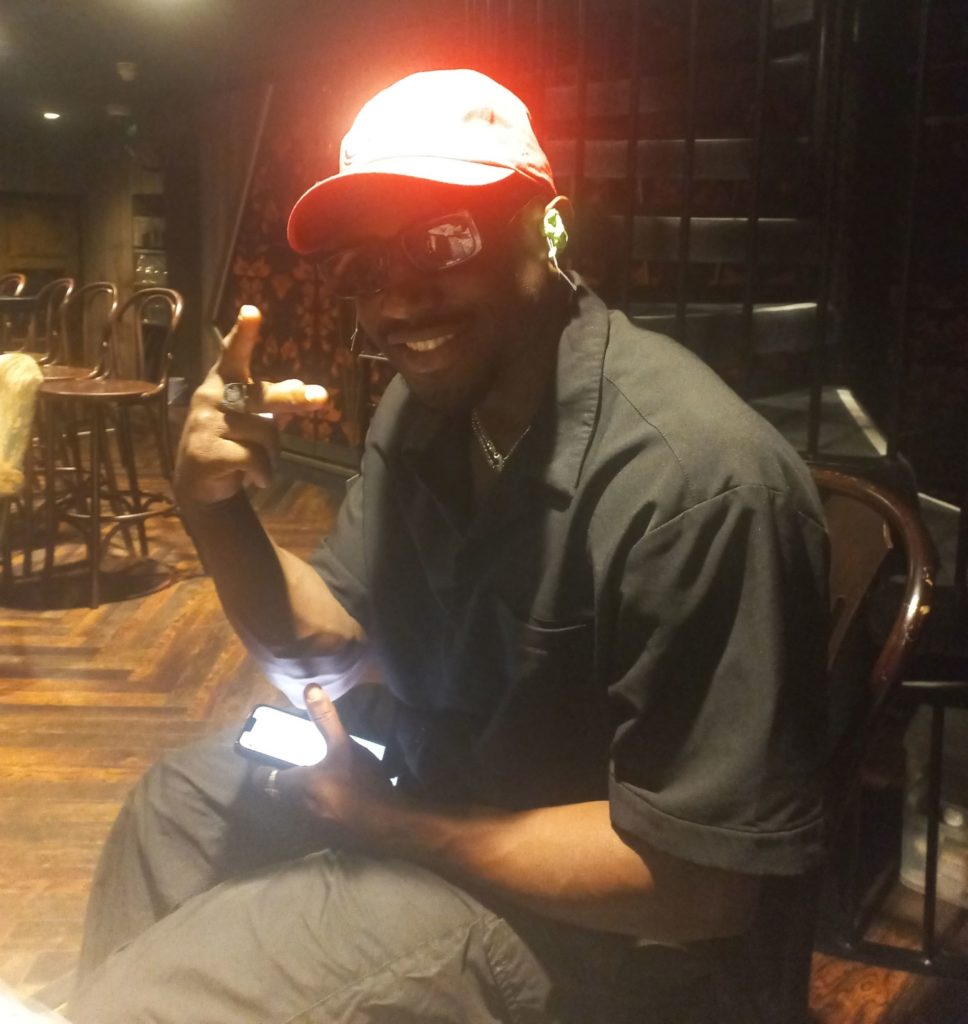

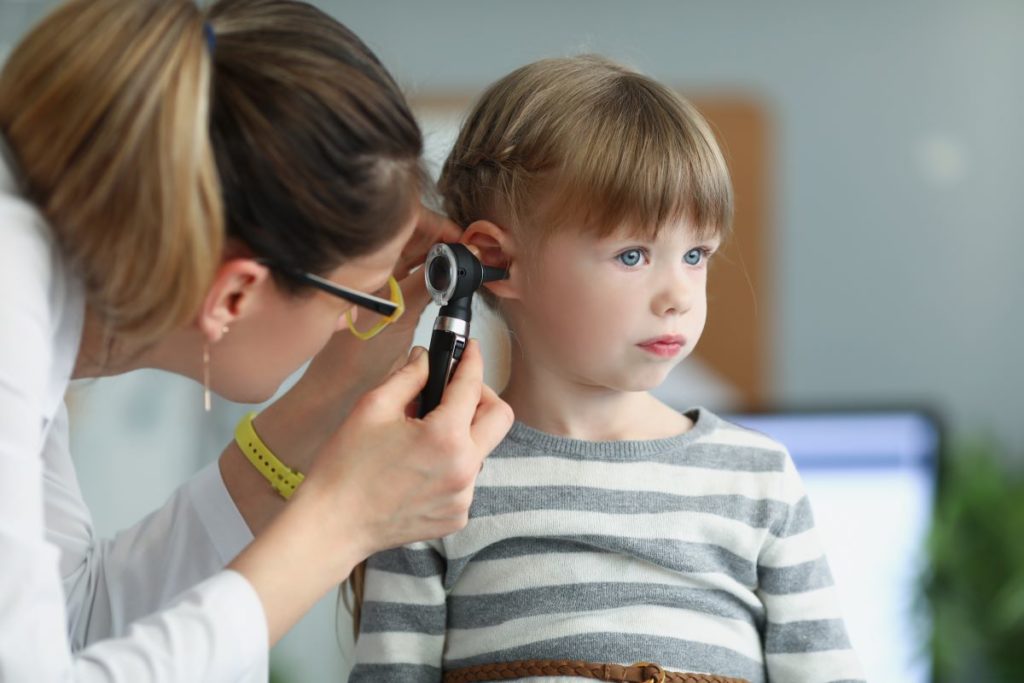

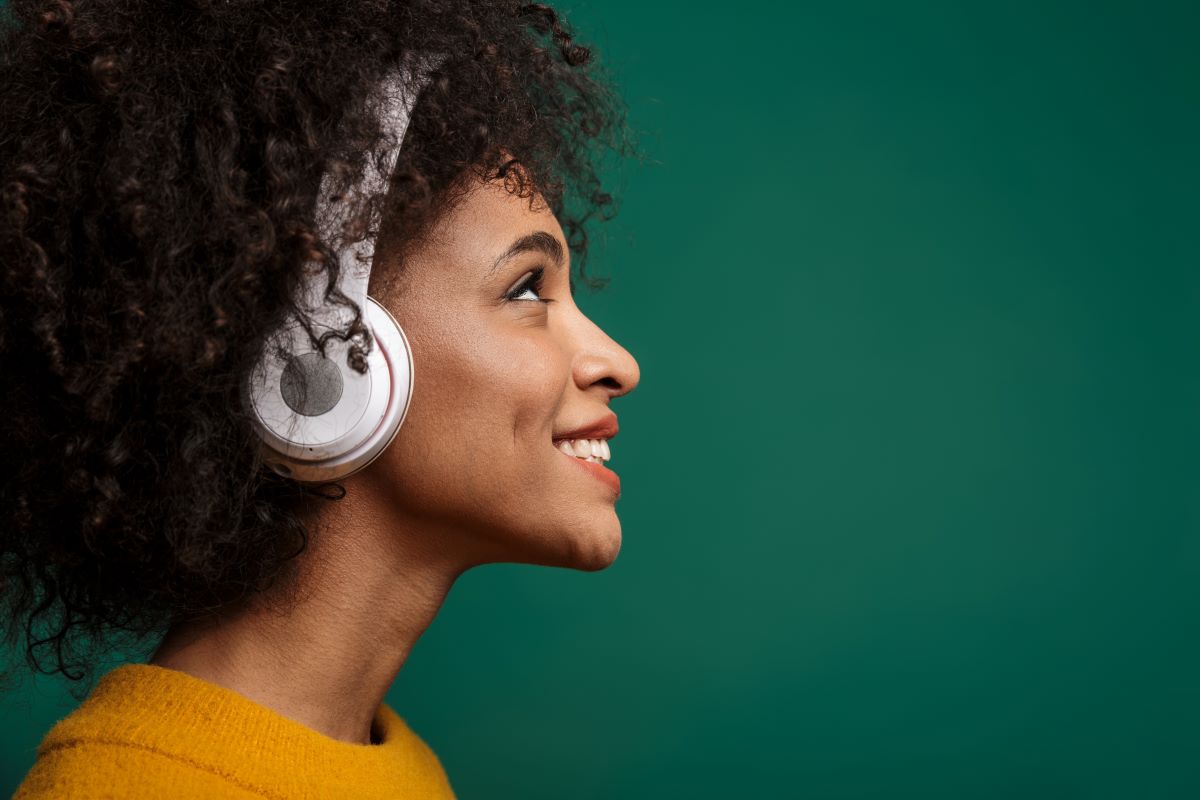
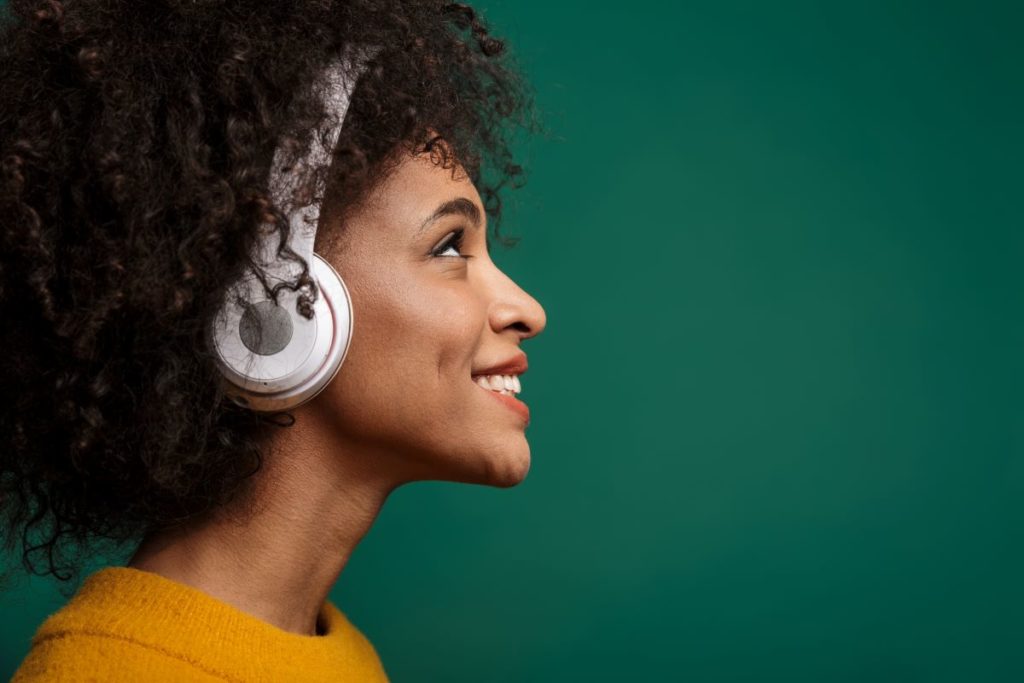
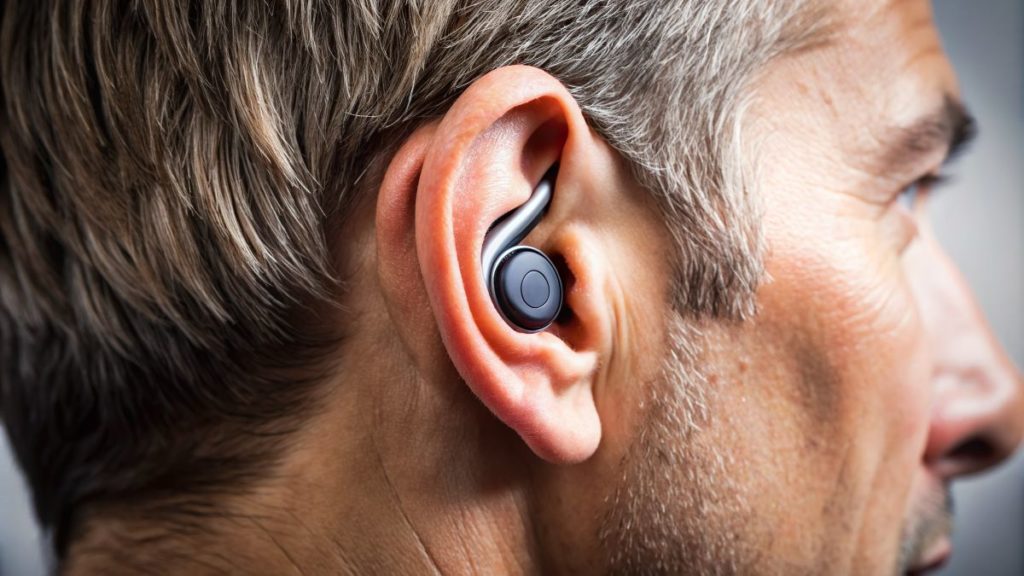
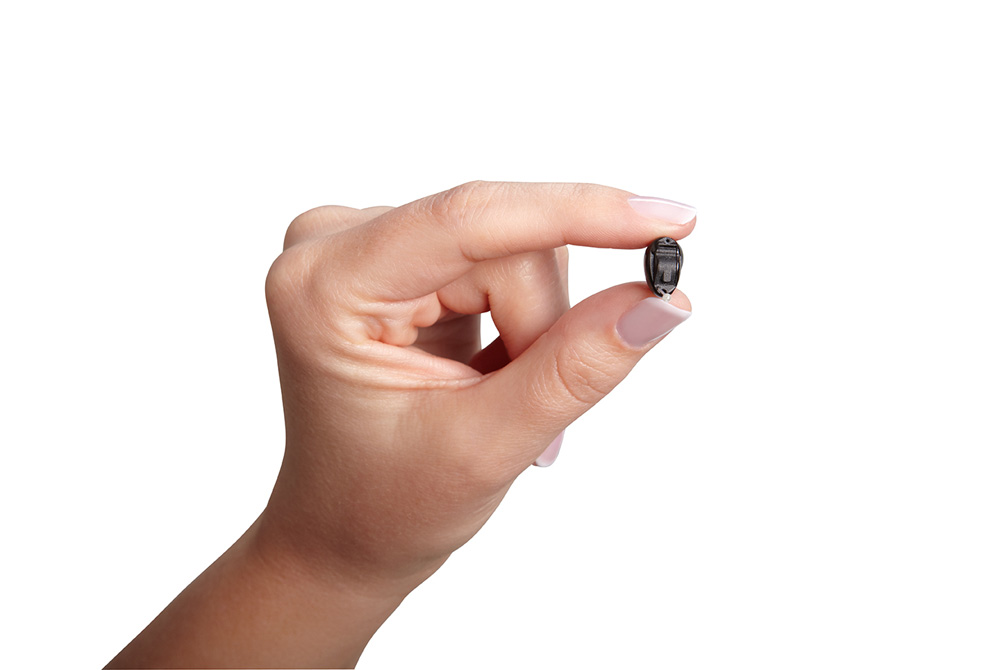

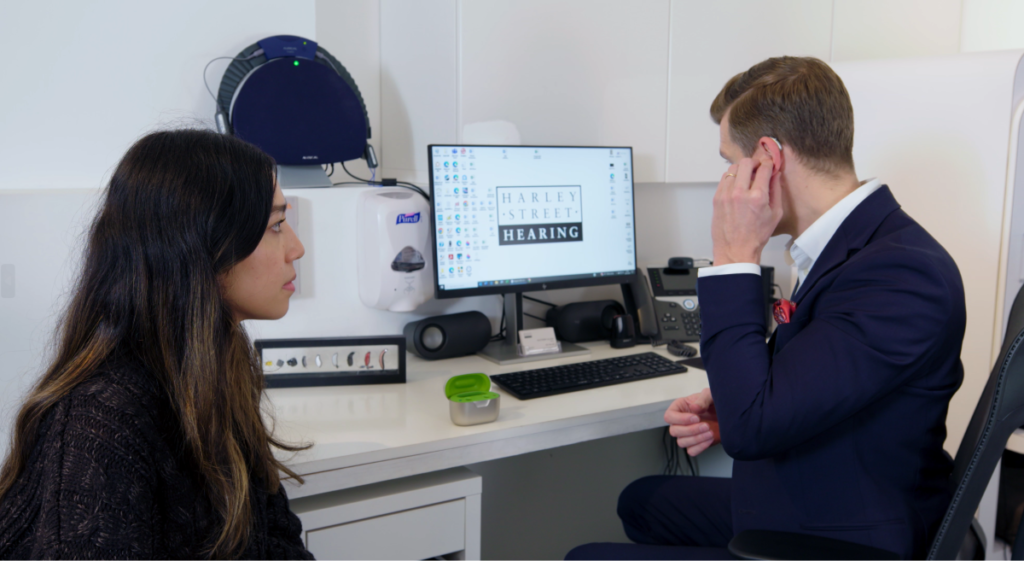
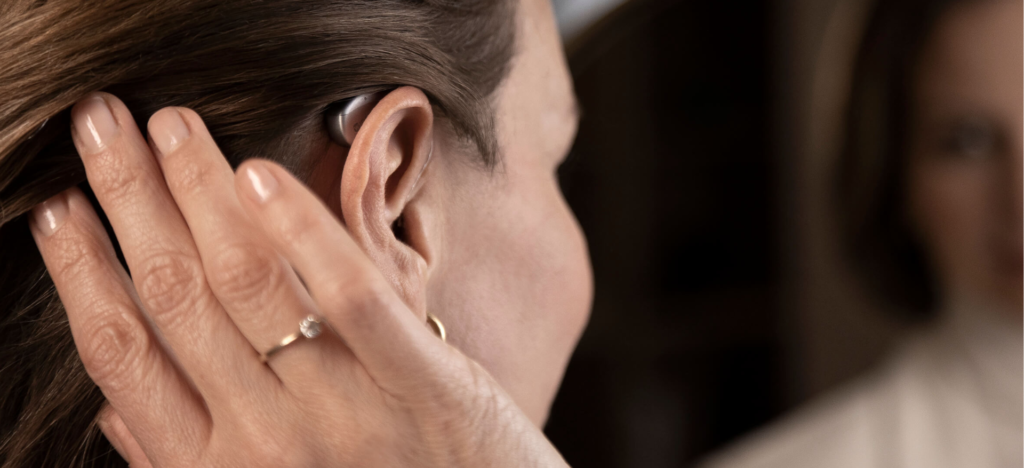
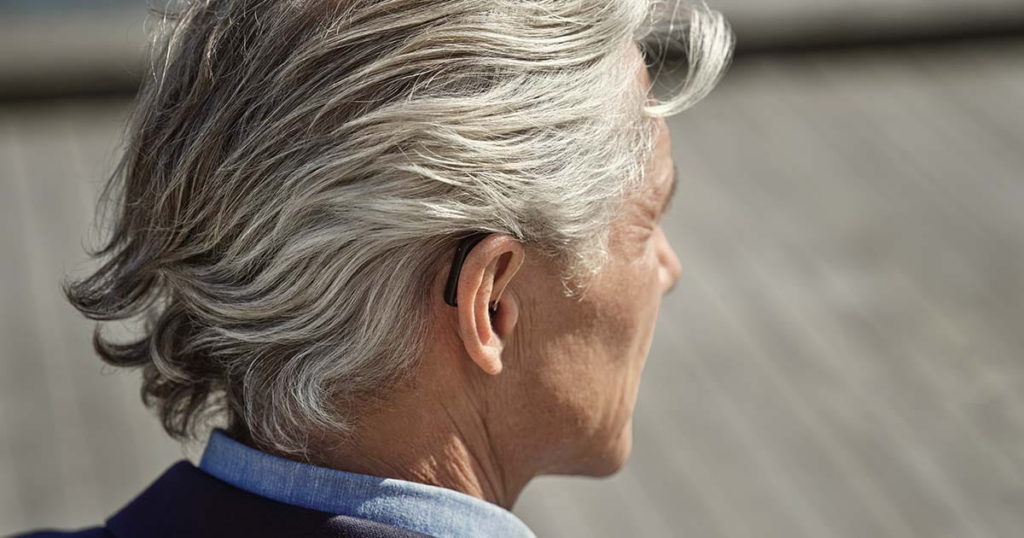
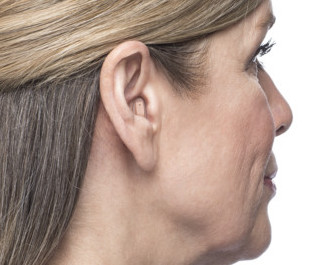







Recent Comments